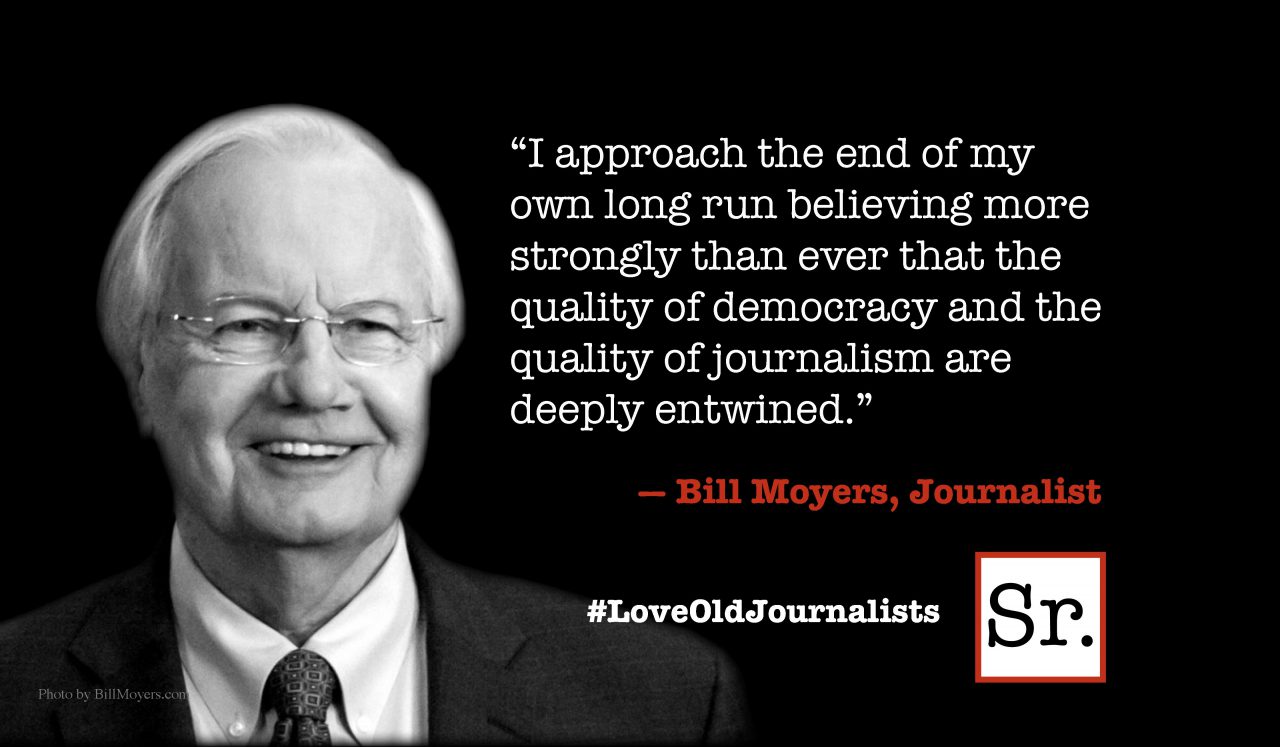Of all the issues that swirl about us these days, I keep circling back to the one that involves the survival of the planet. I do not want to be overly dramatic about it, but the heating up of this ball of water, rock and mud is calling into question its survival. If for a long time we have been able to ignore the consequences, that extended era is about over.
Indeed, there are those telling us that we may have already gone past the tipping point. While I’m not convinced that the final die has been cast, and the fate of the earth has now cleared the point of no return, the continuation of our toxic relationship with this, our Mother, is already having devastating consequences. Scientists know it. The evidence is in. We cannot continue to throw hundreds of tons of carbon dioxide into the sky without jeopardizing the planet’s existence.
In this column I have no intention of reciting again the grim statistics or making the argument that the core of the problem is humanity’s disregard of the creation’s integrity. While that reality has gotten massive attention, it has not as yet stirred the immediate vigorous action necessary to reverse or even to slow the cycle of destruction. So we keep filling the skies with clouds of poisonous debris. We are like a three-pack-a-day smoker who has been told he already has terminal lung cancer, but enjoys his cigarettes so much, he can’t even think about quitting.
If the problem is that critical, how is it so little is actually being done? Why is it that the American people put it far down on the list of issues which concern them? While there are a great variety of reasons, these four occur to me.
1. Only occasionally does history produce radical changes in major systems. “The mills of the gods grind slowly…” Even the Axial age (a term coined by Karl Jaspers to explain the massive development of new social systems) was 600 years long. That era revolutionized history, but not all at once. The operation of the world’s economy is now built on the burning of fossil fuels. There seems no way to put immediate brakes on the industrial revolution which has been founded on the generation of energy by burning carbon-based natural resources
2. There is a profound economic interest in maintaining a civilization geared to burning fossil fuels. Worldwide, really big money is the chief determiner of cultural patterns. It is the lust for economic gain that drives most development. Thus, few seem prepared even to take on probably the worse example of dirty fuel production and transportation — the Keystone pipeline. Big money on one side must be matched with big money on the other, and the environmental movement does not have deep pockets. A while back I witnessed a delightful bit of street theater by students who had asked their college trustees to divest all fossil fuel stocks. These students staged a human oil-spill, as black clad young people were dumped out of a cloth pipeline. But the college trustees knew that divestment would cost a bundle of money, and street theater is no match for financial dependency. Across the nation students are asking similar questions. Many colleges, municipalities and organizations have passed such divestment resolutions, but have discovered that it is much harder to divest than to pass a resolution calling for it.
3. None of the suggestions aimed at controlling fossil fuel energy production has gotten much traction. Divestment would have little effect on big oil and coal. The cap and trade system may modify the problem just a bit, and a carbon tax has thus far generated little legislative leverage.
4. The alternative systems being developed are currently much too minuscule to meet the world’s need for energy. While wind and solar are making some impact on cleaner ways to produce electricity, to this point they seem capable of supplying only a fraction of what is needed.
The least we can do is keep the pressure on before it is too late. Once the horse jumps off the cliff, it does little good to shout “Whoa.”








